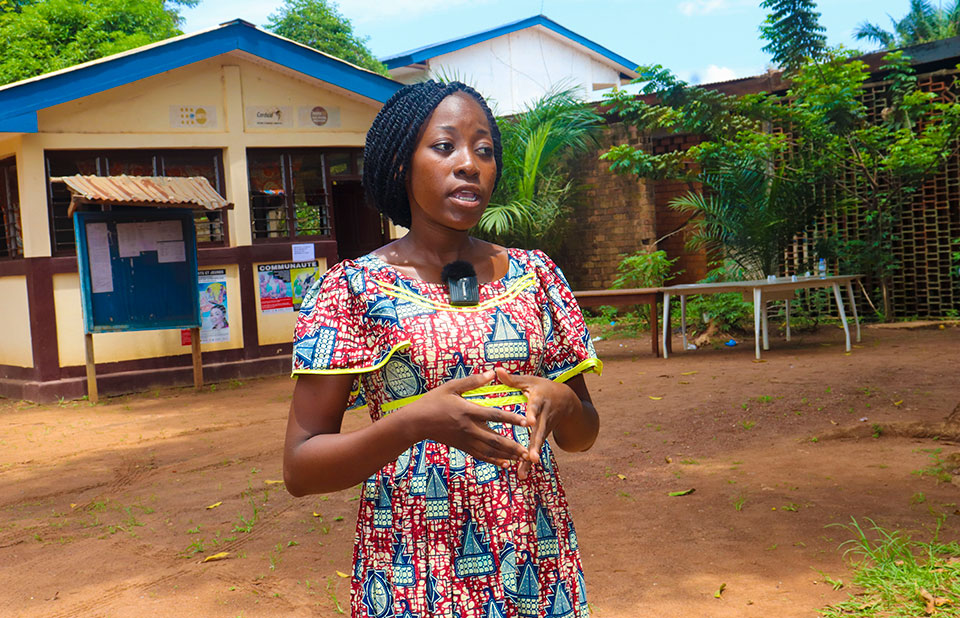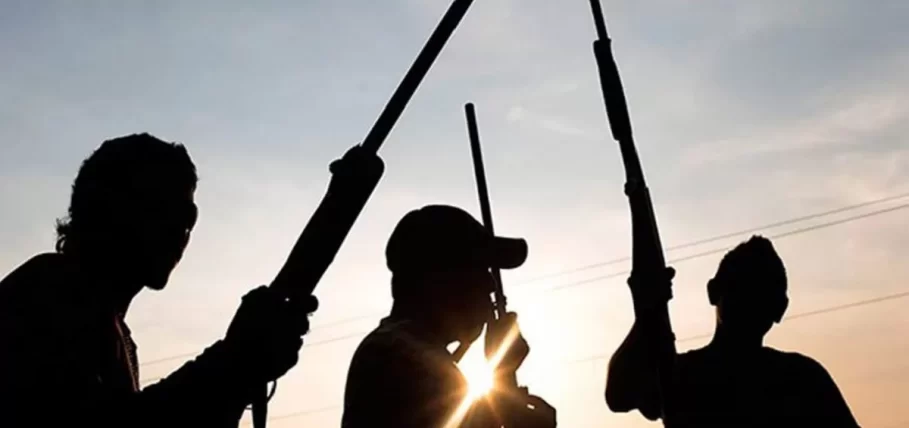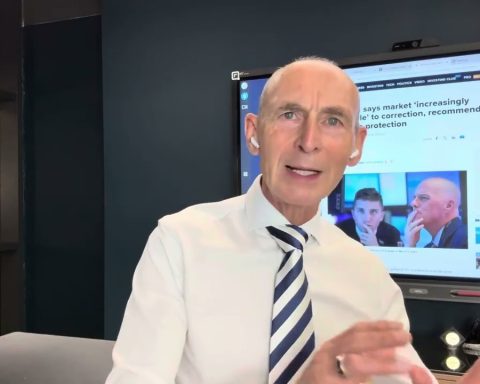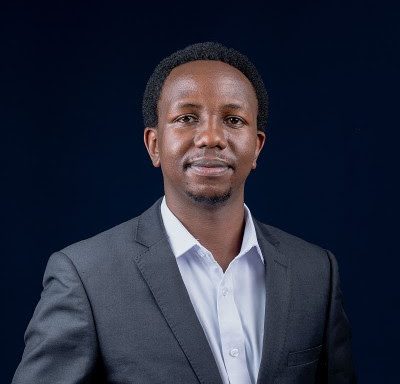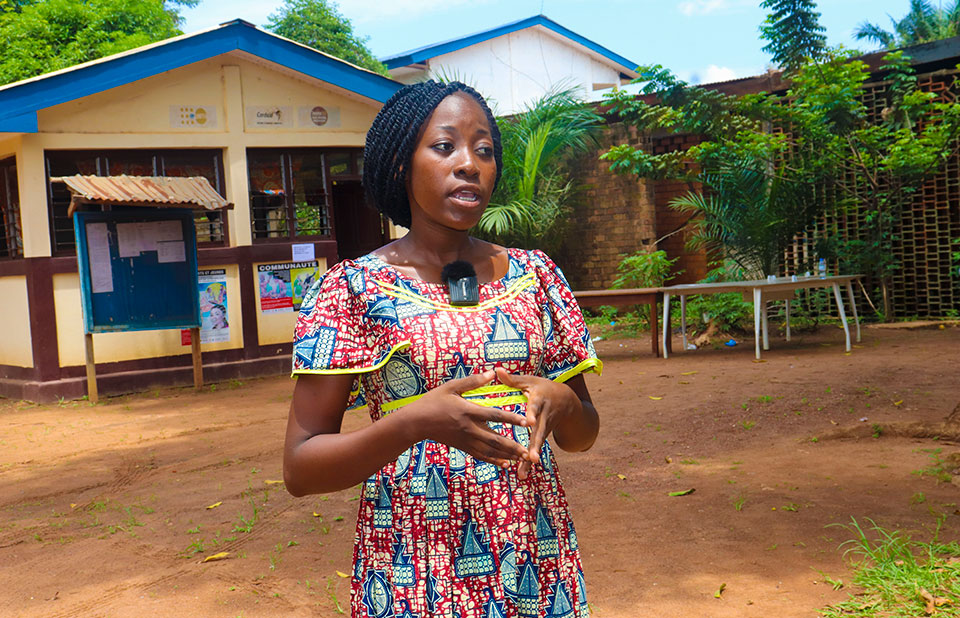
GENEVA, Switzerland, 04 September 2024 /African Media Agency (AMA)/- In a modest neighborhood of Bangui, Central African Republic’s capital city, Gniwali Ndangou is rushing to work. She’s a peer educator and community health worker at a youth sexual education centre, CISJEU.
The same centre that saved her life.
Join our WhatsApp ChannelI’m an orphan,” she said, “I am the youngest of three sisters.” Throughout her childhood, her legal guardian told her to take pills saying it was anti-malaria and headache medicine. “I was the only one who took treatment every day and it never stopped.”
After threatening to stop taking pills when she was 17 years old, her sister finally told her the truth. She was born with HIV.
Gniwali couldn’t believe the litany of lies. Having recently been forced to quit school as her adopted family struggled to make ends meet, she once again felt abandoned.
“Many times, I tried to commit suicide… I wanted to end my life,” she said.
Her sister Astrid said she tried to pull her youngest sibling out of despair and kept hammering to her: “There are no differences between us, we are all humans.”
At her sister’s urging, Gniwali sought help at a youth center, Centre d’information et d’éducation sexuelle des jeunes(Center for Youth Sexual Education and Information) known as CISJEU. Established in 1994, CISJEU has been a beacon of hope for many young people like Gniwali. They offer community-led services ranging from HIV prevention to HIV testing to peer-supported treatment initiation and adherence.
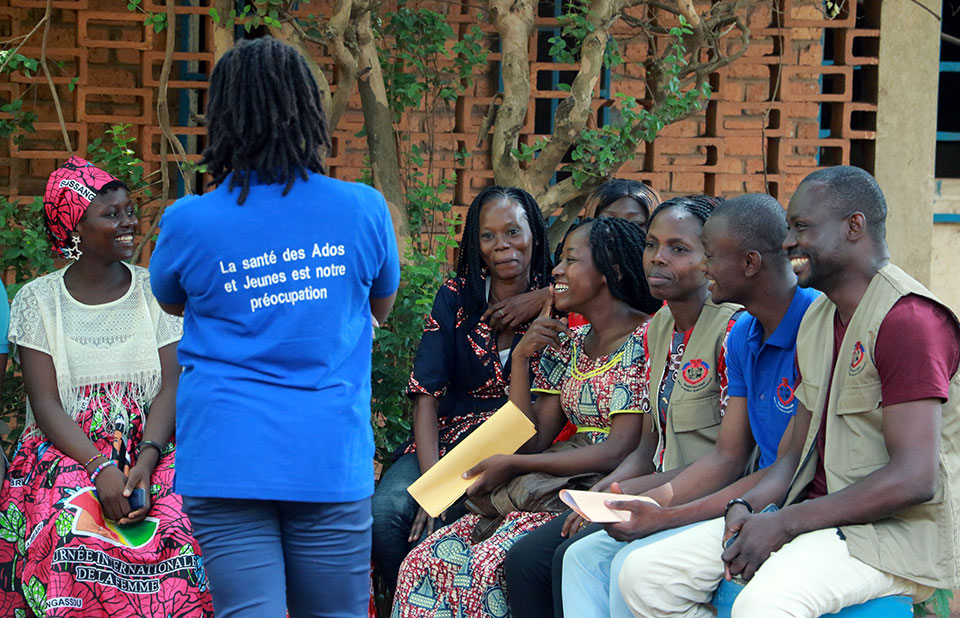
War and extreme poverty have greatly increased premature death in Central African Republic, leaving seventy-eight percent of the population under 35 years old. Young people struggle to receive an education with less than 4 in 10 adults literate. Gender inequality and gender-based violence also make young girls particularly vulnerable to HIV infection. Out of the 10,000 yearly new HIV infections, 3000 are among 15-24 years old with more than two female infections for every one male infection.
According to a UNICEF survey, less than 20% of young people possess comprehensive knowledge about HIV prevention. The youth center uses peer educators to bridge this knowledge gap and provide youth-friendly services. “We’ve trained and deployed 160 peer educators (80 in schools while the others are at youth centers) across different districts of Bangui and beyond, ensuring effective outreach and health and body awareness,” said Michael Guéret, a program officer at CISJEU.
Chris Fontaine, former UNAIDS Country Director, underscores the importance of peer-led initiatives, “Addressing HIV and sexual health among young people in CAR is not just a health issue but a critical component of sustainable development and peace consolidation.”
With support from UNAIDS and the Ministry of Health, CISJEU has attained the right to distribute HIV medicine, antiretroviral therapy, among the community.
For Gniwali, CISJEU became more than a sanctuary. Through training programs, she evolved from a beneficiary to a peer educator and community healthcare provider. “I received various certifications such as mobile HIV testing, and psychosocial support.”
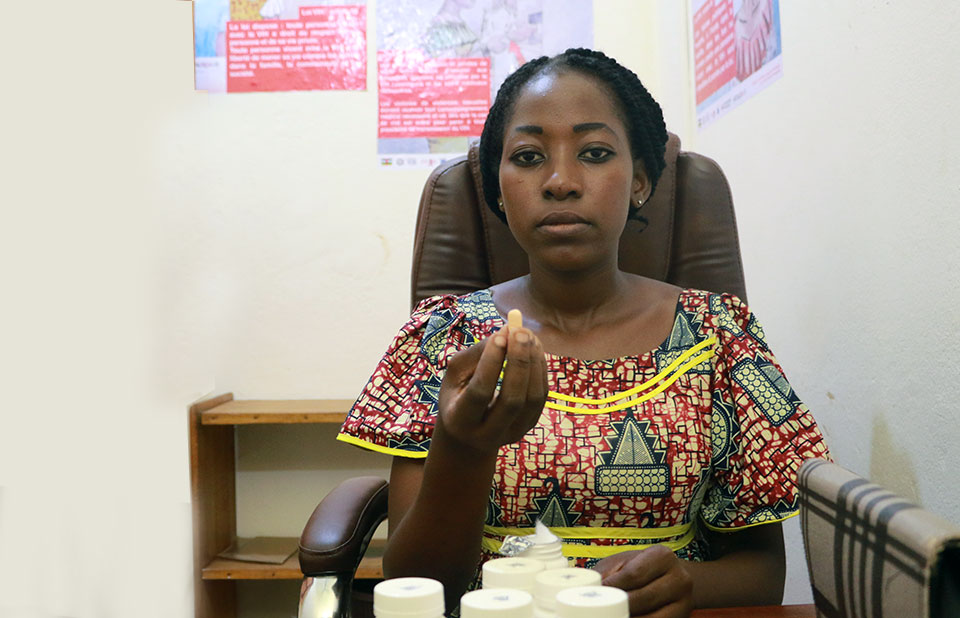
Leading discussion groups and dispensing life-saving antiretroviral medications to young people, she inspires young women to take care of their health. Her message is clear and powerful: “Being a young woman isn’t easy. We must educate ourselves about this disease, fight against it, and prevent its spread in our country.”
Distributed by African Media Agency (AMA) on behalf of UNAIDS.
The post Bridging gaps: sex education saves lives in Central African Republic appeared first on African Media Agency.


